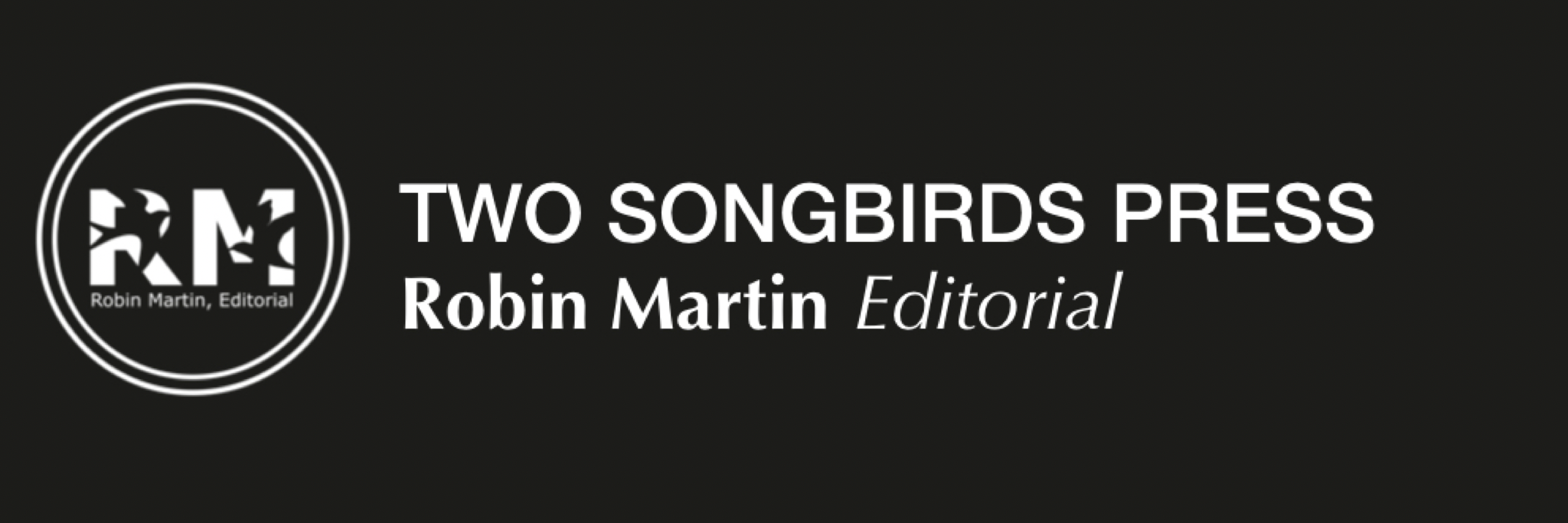- December 31, 2008
- Robin Martin
- No Comments

So I’ve been working as an assistant agent on a WWII memoir, a story not about the Holocaust, but about the little-known internment of the people of the Dutch East Indies by the Japanese, who after being released, were subsequently hunted by native islanders led by Suharto trying to throw off colonial rule. It is a fascinating tale, wonderfully written by a talented writer as told to her by a survivor. It is a story that has been silenced by the people that suffered it, silenced both within their families and in the outside world. Like Jeanne Wakatsuki Houston’s Farewell to Manzanar, this tale highlights the inhumanities and injustices suffered, as well as the will to survive and to love, and I believe has the power as Houston’s story did, to alter the world’s understanding of WWII history.
With the exposure of Herman Rosenblatt’s holocaust/love story as not entirely true, not a “memoir” in the eyes of the holocaust historians who exposed it, not the literal truth to the author’s family or friends (who knew he was perpetrating a lie), or his agent and Penguin Book Group or Oprah who had no idea it wasn’t the literal truth, the underpinnings of agenting memoir are shaken.
An agent works for free. Every moment of time spent developing, editing, massaging, promoting, selling, researching, is unpaid until that book is sold to a publisher. Even before this debacle, I had begun to do basic research on this story I’ve been working with, but I’m not a historian. I can look up prior books written on the subject, and there aren’t many. I can use Prospector to cross-index pertinent terms in academic journals on the subject and read the results. There aren’t many. I suppose I could call academics in the field to confirm events, geographies. I might be able to call the Mormons to get history of families, but I haven’t. I’d do this all for a book that might or might not get picked up by a publisher. Is this the job of an agent? Isn’t the agent’s job to love a book, prepare a book for publication, research the best houses and editors for the book, and ultimately sell the book to a publisher? The primary scholar who uncovered the inconsistencies in Rosenblatt’s book was the director of Jewish Studies at a university, who has interviewed hundreds of survivors, drawn maps with the help of ex-prisoners and traced the location of families during the events. No agent, on an agent’s salary, could expect to do this kind of genealogical research or retain a scholar to do this research for her.
This exposure is only the latest in a series of them: Memoirs that aren’t the literal truth. Of course, being immersed not entirely in the world of agenting and publishing but also in the world of academia and theory for the last few years, I also wonder who made these rules that Memory has to be The Truth.
Wake up call, people: Memory Does Not Equal The Truth.
Stories have always been manipulated to suit the needs of a community in which they are told. Tribal stories on all continents expand and contract to encompass the developing needs of the community in which they are told. In the latest issue of Poets and Writers magazine, Brandi Reissenweber talks about a trip with her friend, one of the Lost Boys of Sudan, back to what was once his village in Africa. “In the oral tradition,” she writes, “a tale is reimagined and reinterpreted by each new teller…By tapping into a story everyone…knows well, one that exemplifies struggle and success, the [storyteller causes] the overall tone to brighten.” The impression I got from her story is that in the community there, everyone gets to speak, everyone tells his point of view and every point of view is different, every memory is different based on where the teller stood, and all tales are adapted to fit the current situation, the needs of the people, the purpose at hand.
Theories of memoir, of memory, of creative non-fiction, (check out this link too) seem to be way more complicated than the popular and commercial culture’s view of what constitutes Memoir. Rosenblatt’s story was not “truth,” but as he put it, it was true to him. According to the front page New York Times article about his fabrication, he says, “I wanted to bring happiness to people, to remind them not to hate, but to love and tolerate all people,” he wrote in the statement. “In my dreams, Roma will always throw me an apple, but I now know it is only a dream.”
Oprah apparently told the Rosenblatts, “You have become the beautiful metaphor for what love can be, for endurance, and fate and destiny.”
Faulkner wrote: “Memory believes before knowing remembers. Believes longer than recollects, longer than knowing even wonders.”
So the future of agenting memoirs is uncertain; too bad for the author I had hoped to represent, too bad for the publishing industry, and too bad for the world of readers who would benefit from the knowing, or, perhaps more importantly, the feeling that these books of memory evoke.
This is a time of DNA testing. This is a time when our culture is expecting 100% transparency. In some cases this is good. But dare I suggest that Anne Frank did not undergo this scrutiny in her day? Please don’t subject her to it now. In no way will any “truth” take away from the impact of her book on our collective consciousness.
Understand that I’m not excusing lying to one’s agent or co-authors about the truth of a story; too much is at stake for everyone. But I am wondering if it isn’t time for a complication of the understanding, definition, and appreciation of memoir outside of academia. Until publishers and pop and commercial culture agree to complicate their definitions creative-non fiction, and perhaps even accept memory as fallible, only Forensic Geneologists will have steady work.



